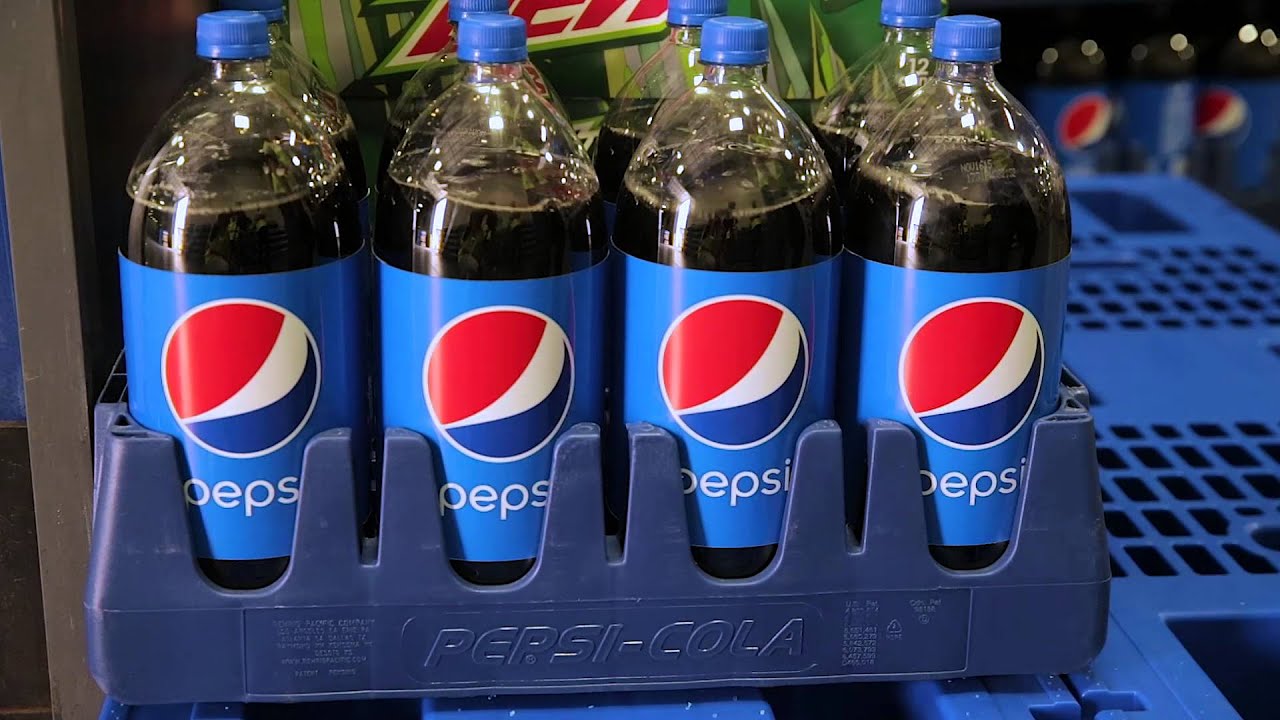PepsiCo Inc.'s Latin America operation is exploring using UBQ, a material made from unsorted household waste for making pallets and soon replacing the conventional ones currently in use.
Developed by Israeli startup UBQ, the material is a thermoplastic converted from 100 percent unsorted municipal solid waste, including mixed plastics, paper, cardboard, and organics.
It is suitable to replace conventional polymers in various durable applications.
PepsiCo is now exploring the use of this material in Brazil in the production of "eco-pallets" with its partner Ecoboxes Embalagens Plásticas, a company specializing in solutions focused on sustainability and circular economy.
The use of UBQ material in this initial project is calculated to save the equivalent of more than 6,500 kilograms of greenhouse gas emissions, which is the equivalent of the annual carbon sequestration of 534 trees.
Over 739 kg of mixed waste will be redirected from landfills, to be reprocessed into new material
In the first phase of the project, Pepsi will manufacture 830 sustainable pallets for use in two of the company's logistics centers.
Other than UBQ, the pallets will also incorporate other recycled materials, such as recycled PP resin and recycled biaxially oriented PP, a plastic film used in the company's snack packing.
PepsiCo is also studying implementing UBQ as a raw material for other applications across the supply chain.
The company's other targets include reducing virgin plastic by 50 percent, using 50 percent recycled content in its plastic packaging by 2030; making all of its packagings to be recyclable, compostable, or biodegradable; and investing to boost recycling rates in key markets by 2025.
Among PepsiCo's robust environmental goals are reducing GHG emissions by 40 percent in less than a decade and becoming Net-Zero by 2040.



 Baidu Approves $5 Billion Share Buyback and Plans First-Ever Dividend in 2026
Baidu Approves $5 Billion Share Buyback and Plans First-Ever Dividend in 2026  How America courted increasingly destructive wildfires − and what that means for protecting homes today
How America courted increasingly destructive wildfires − and what that means for protecting homes today  As the Black Summer megafires neared, people rallied to save wildlife and domestic animals. But it came at a real cost
As the Black Summer megafires neared, people rallied to save wildlife and domestic animals. But it came at a real cost  Washington Post Publisher Will Lewis Steps Down After Layoffs
Washington Post Publisher Will Lewis Steps Down After Layoffs  Vietnam’s Trade Surplus With US Jumps as Exports Surge and China Imports Hit Record
Vietnam’s Trade Surplus With US Jumps as Exports Surge and China Imports Hit Record  Gold and Silver Prices Rebound After Volatile Week Triggered by Fed Nomination
Gold and Silver Prices Rebound After Volatile Week Triggered by Fed Nomination  Hims & Hers Halts Compounded Semaglutide Pill After FDA Warning
Hims & Hers Halts Compounded Semaglutide Pill After FDA Warning  Nvidia, ByteDance, and the U.S.-China AI Chip Standoff Over H200 Exports
Nvidia, ByteDance, and the U.S.-China AI Chip Standoff Over H200 Exports  Silver Prices Plunge in Asian Trade as Dollar Strength Triggers Fresh Precious Metals Sell-Off
Silver Prices Plunge in Asian Trade as Dollar Strength Triggers Fresh Precious Metals Sell-Off  Dollar Steadies Ahead of ECB and BoE Decisions as Markets Turn Risk-Off
Dollar Steadies Ahead of ECB and BoE Decisions as Markets Turn Risk-Off  We combed through old botanical surveys to track how plants on Australia’s islands are changing
We combed through old botanical surveys to track how plants on Australia’s islands are changing  Fed Governor Lisa Cook Warns Inflation Risks Remain as Rates Stay Steady
Fed Governor Lisa Cook Warns Inflation Risks Remain as Rates Stay Steady  Thousands of satellites are due to burn up in the atmosphere every year – damaging the ozone layer and changing the climate
Thousands of satellites are due to burn up in the atmosphere every year – damaging the ozone layer and changing the climate  Global PC Makers Eye Chinese Memory Chip Suppliers Amid Ongoing Supply Crunch
Global PC Makers Eye Chinese Memory Chip Suppliers Amid Ongoing Supply Crunch  India–U.S. Interim Trade Pact Cuts Auto Tariffs but Leaves Tesla Out
India–U.S. Interim Trade Pact Cuts Auto Tariffs but Leaves Tesla Out  How ongoing deforestation is rooted in colonialism and its management practices
How ongoing deforestation is rooted in colonialism and its management practices 































